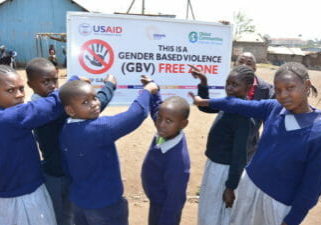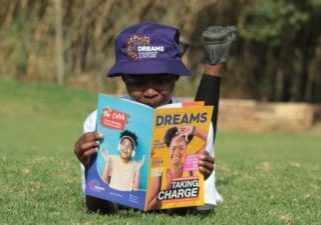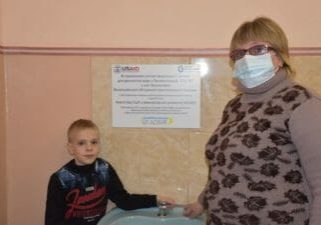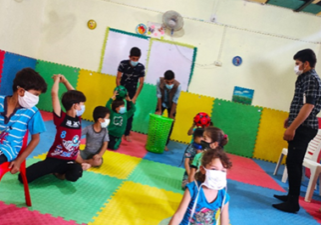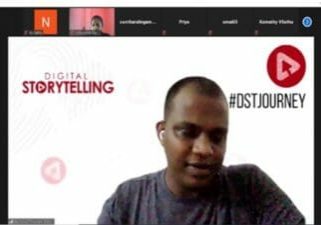News > Blog
VIP: Dalia Mehiar, Developing Measures for the Categorization of Household Vulnerability
Published 02/06/2018 by globalcommunities
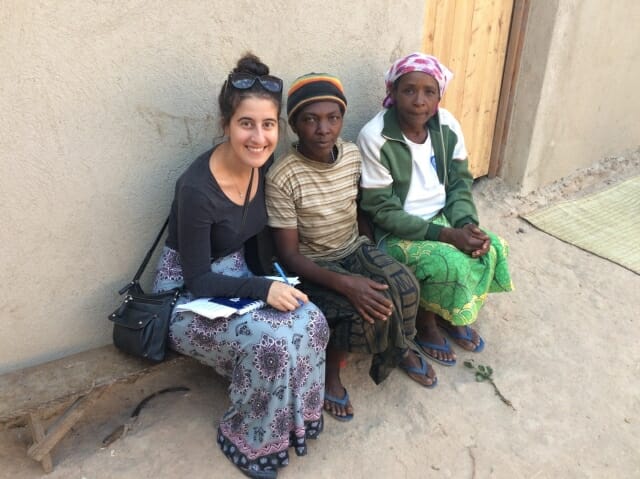
VIP Dalia Mehiar, Developing Measures for the Categorization of Household Vulnerability
Rwanda, Kigali, 28 May – 28 August 2017
In the summer of 2017, Global Communities Rwanda had been preparing for year three of USAID’s five-year Twiyubake Program, also known as the Improved Services for Vulnerable Populations (ISVP) Program. The goal of the program is to improve the resiliency of at least 50,000 vulnerable households in 12 districts within Rwanda by facilitating access to health and social services, and supporting households in adopting economic strengthening activities. Twiyubake boasts a strong community empowerment approach which is achieved through working with civil society partners, recruiting local volunteers, and collaborating with the Government of Rwanda.
To measure vulnerability in target households across a variety of indicators closely linked to program intervention areas, Twiyubake used the Household Vulnerability and Graduation Assessment (HVGA) tool. Each household is assigned a tailored care plan of services, based on its specific needs, with the goal of graduating from the program within two years.
Dalia Mehiar, Georgetown University’s Master Candidate with the Global Human Development program, joined Twiyubake’s Monitoring and Evaluation team in the summer of 2017. One of her main responsibilities has been to analyze baseline data collected for the first two cohorts of beneficiaries through the HVGA tool. Her second task was to develop clear-cut measures for the categorization of household vulnerability and propose recommendations to improve both service delivery and monitoring of household progress towards graduation. Her work was intended to help inform Twiyubake’s planning process for FY18 to adapt the HVGA framework for accelerated results, and identify households ready for graduation next year.
Said Dalia: “I hit my first serious challenge early on; the numbers were not adding up. As I examined key program indicators, it became clear that numbers reported for assessed households were not accurate. After relaying my findings to my supervisor, we worked together to clean data from each district and identify the sources of error.”
During her field work, Dalia met with both volunteers and beneficiaries in their homes. Through conversations regarding the successes and challenges of service delivery and firsthand observations of program activities, she was able to collect more information and develop a preliminary set of recommendations to propose in her final report. “This experience was the first of its kind for me. I loved being in the field! The rural parts of Rwanda are breathtaking; the people are kind and welcoming; my brain was processing incoming information fast; it was all new and thrilling and exhausting in a good way.”

